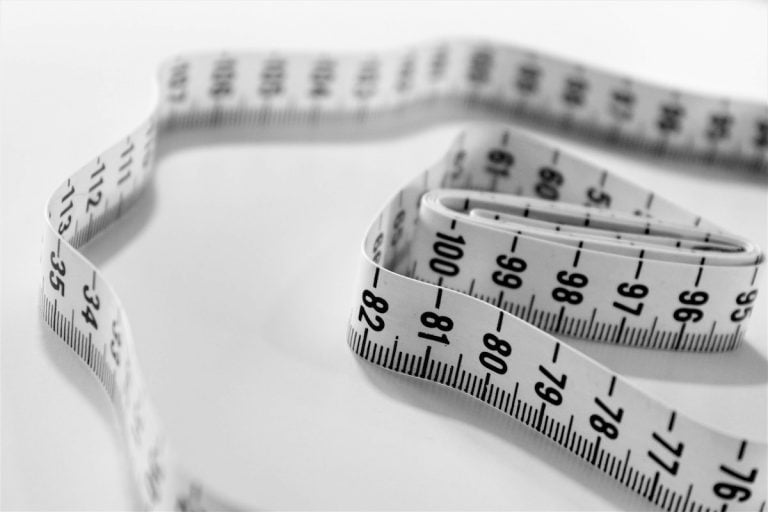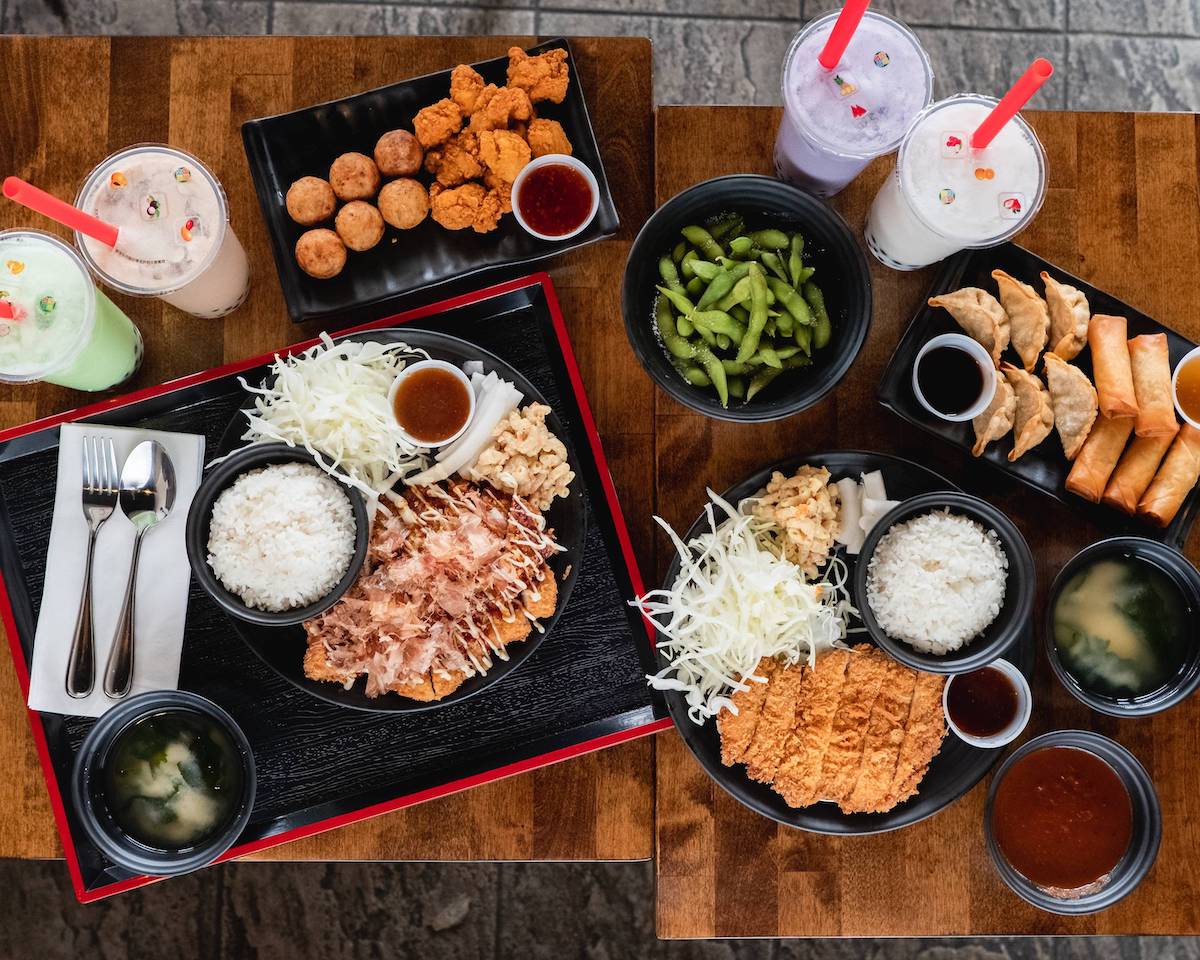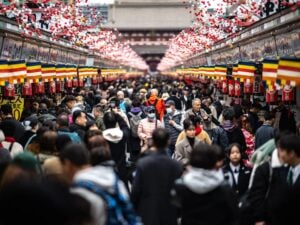
I have always been a happy size S/M. Small on a good day (with the help of vanity sizes) and Medium the rest of the time. But that changed as soon as I moved to Japan.
After sorting out my first Japanese apartment, I went to treat myself to some cute new underwear. Out of habit, I plucked a S size pair from the rack and took it to the counter. The polite saleswoman looked at me doubtfully. “Um, is this correct?” she asked. “Yes, yes that’s fine.” , I replied. She continued to look worried and pointed to the label. Finally, I understood what she was referring to. I was not a size ‘S’ in Japan. I picked up an ‘L’ pair instead. When I tried them on at home, I was thankful she saved me from making an expensive (non-returnable) mistake.
Suddenly, all my high-school insecurities bubbled to the surface of my mind. I felt like I had somehow gained 30kg on the plane to Tokyo. How did I get this fat?
As I started teaching, I began a strict diet. The Japanese teachers quickly noticed my weight loss and were forever offering me cookies and snacks. I didn’t look ‘better’ after losing weight. I looked sick. And I was STILL a size ‘L’.
Are Japanese women smaller?
At first, I assumed maybe my height was the issue. But at a modest 160cm, I am only a tiny fraction taller than the average Japanese woman (157.8cm).
It is common knowledge that Japanese people are generally physically smaller than western people. Even their BMI scale for obesity starts at 23, 2 points below the obesity limit in the US. So what people consider ‘fat’ in Japan is quite different to our standards in the west.
Quickly, I became all too aware than my body size, although healthy, was different to the petite women all around me. It can be argued that this may be because of Japanese genetics, but there are other important lifestyle factors to consider.
How Japanese people treat fat people
Attitudes towards obesity are quite different in Japan. Whilst Japanese people are known for their indirect communication, there are quite blunt about discussing weight. Don’t be too surprised if your Japanese friend exclaims “Wow, you put on weight! “and starts rubbing your stomach if you haven’t seen them in a while.
This kind of exclamation might make you feel embarrassed but it helps Japanese society have more individual ownership of their weight gain. Japanese schools and companies even require mandatory health checks to monitor the weight of their employees. This is designed not to shame people but to keep everyone healthy.
Will I lose weight in Japan?
Possibly. In most cases, Japanese people have a much healthier diet. It is rich in vegetables and fish, and lower in processed carbs, such as bread and pasta. I would say that a healthier diet is more widely available in Japan.
But your relationship with food is the most important factor. I have known many expats who have actually gained weight while living in Japan. With such easy access to delicious fried chicken, tempura and tonkatsu, who can blame them?

Accepting your differences
I went through many stages of grief on becoming a size large in Japan. Anger, denial, depression. But it was finally when I accepted that my body was different, but not necessarily ‘fat’, I started to feel better.
Social comparison is natural. We instinctively compare ourselves to others in terms of appearance, wealth and success. But it is important to remember that body image and beauty standards can vary dramatically across socio-cultures. If you and your body are both happy and healthy, there is no need fit into a mold that isn’t designed for you.
Where can you buy plus size women’s clothes in Japan?
So where can you style your beautiful L size body? Here a few options:
International brands are your friend
Thanks to globalization, there some selected high-street fashion brands you will recognize in Japan. I know that H&M, Zara, Next and GAP will always have a few clearly labelled larger sizes in stock.
Check out the Men ’s sections
Obviously, it is unlikely you will find a cute little skirt here, but men’s sections are great for more gender-neutral clothes. Try looking for T- shirts, hoodies and loose pants here. UNIQLO have some awesome men’s graphic t-shirts, that are often cooler than the female options.
Also, have you ever noticed that many branded men’s sneakers are identical to the women’s? Try buying men’s Converse or Vans – no one will notice you found them on the other side of the store!
Shop for plus size brands
Some Japanese brands such as UNIQLO, GU and MUJI offer plus size clothing. These ranges are mostly limited to very larges stores or online. Also, their plus size clothes are often only available in muted colors and simple shapes. If you want something with more style, I recommend Naomi Watanabe’s plus size brand, punyus.jp. It offers cool clothes that are bright, cheerful and on-trend.
If you feel uncomfortable about your size in Japan, please remember you are not alone. It can take time to adjust, but being physically different is what makes you special. Once you embrace your size, you can start really loving life in Japan.
Want to know more about living your best life in Japan? Read our expert articles from real Japanese residents for more tips and guidance.
Article Author: Beth Lawson













